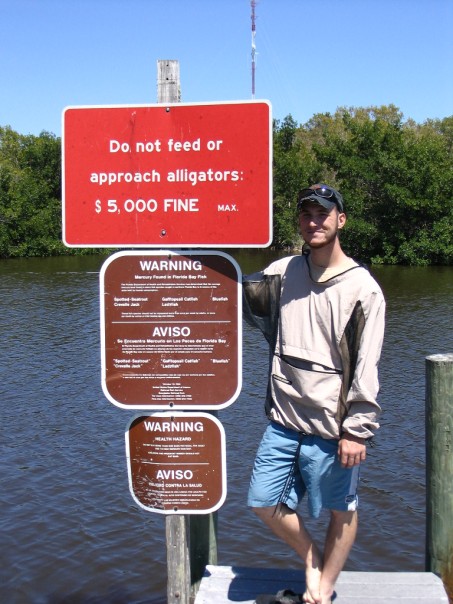IT IS the fishiest of gifts to bestow on that special someone ahead of Valentine's Day. Slippery and squat, it is hardly beautiful in the conventional sense. But when Dr Nikki King discovered a new species of fish she did not think twice before naming it after her fiancé.
Dr King first set eyes on the unlikely token of her love during a deep-sea research expedition in the darkest depths of Southern Indian Ocean.
Working aboard the Royal Research Ship Discovery, she was part of a team on the Benthic Crozet project, a research initiative investigating biodiversity off the Crozet Islands, a small sub-Antarctic archipelago.
When a trawl landed a bounty of fish, Dr King, from the University of Aberdeen, singled out six species she thought unusual. In the middle of an ocean with limited facilities, she decided to store them and take them back to base.
"I could only identify the six so far – not down to species level. So we packed them into preservative and took them home," she said. There, the research fellow asked the assistance of an expert team of taxonomy experts, Dr Peter Møller and Professor Jørgen Nielsen of the Zoological Museum, University of Copenhagen, and Professor Guy Duhamel of the Paris Natural History Museum.
After some painstaking work, her instincts were proved right – until now the species were completely unknown to science, a discovery that fulfils a professional ambition of Dr King's.
"Ever since I set my heart on becoming a marine biologist I hoped I would discover one new species, so to have discovered six is tremendously exciting," she said.
In line with scientific custom, Dr King was given the honour of naming the new species, and the name of her fiancé, Michael Cousins, a geophysicist, immediately sprang to mind.
Now, somewhere in the depths of the ocean, there swims a 42cm long brown eelpout, Pachycara cousini, that is testimony to their love.
Of the other six fish, Dr King saw fit to name one after her boss at Aberdeen, Professor Monty Priede. For the director of the Oceanlab centre, it marked the second such time his name has been given to a new species, having already had a two-headed parasitic worm given his surname.
He was, though, delighted that his staff member saw fit to pay tribute with Pachycara priedei.
"We are used to discovering new species as we explore the deep sea but usually they are small worms and shrimps," Prof Priede said. "Finding six new fishes in one expedition is remarkable.
"Dr King did very well spotting the significance of these fishes among the catches.
"For a zoologist having a species of animal named after one is the ultimate professional accolade. I am delighted that a little pink fish now carries my name."
The research expedition's exploration area and the cruise vessel it
self gave rise to Careproctus crozentensis, Apagesoma (new species) and Careproctus discoveryae.
FISHING FOR SUCCESSTHE new species found in waters surrounding the Crozet Island is just the latest discovery by staff at the University of Aberdeen's Oceanlab marine science facility.
Last year, Professor Monty Priede, the director of the unit, and his team carried out the first comprehensive study of the Mid-Atlantic Ridge, an underwater region between Iceland and the Azores, comparable in size with the Alps. They found a new species of sea shrimp, the ostracod, and a rare amphipod called Phronima sedentaria.
Among the 2,000ft underwater cliff faces the team also found unknown corals and rare viper fish.
The purpose-built Oceanlab facility was the first oceanography research centre of its kind. It opened in 2001 and is planning a £3 million expansion.







